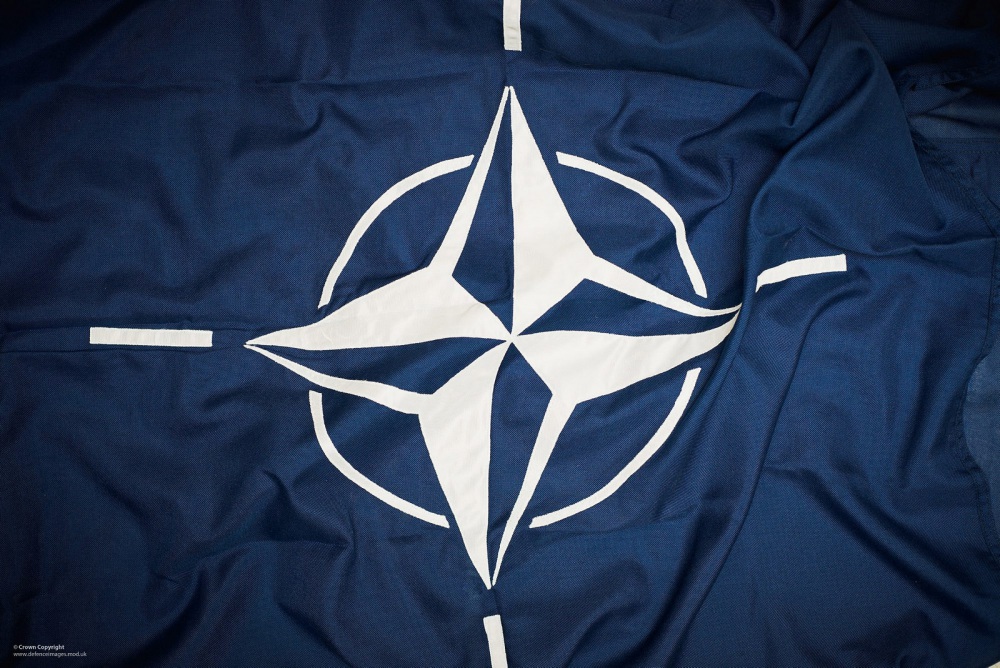
Simon Lunn
Associate Fellow at the Royal United Services Institute for Defense and Security Studies
In a new report from the Nuclear Threat Initiative (NTI)—timed for the NATO Summit in Warsaw to be held July 8-9—Simon Lunn, Isabelle Williams, and Steve Andreasen call for NATO to demonstrate a willingness to engage Russia on both differences and areas of potential cooperation and seek to reduce tensions in a region that remains central to global security. Adopting such an approach would simultaneously strengthen NATO’s security and help to avoid further escalation with Russia. It would also reduce the risks of accidents or incidents involving nuclear weapons or materials.
NATO also is considering if and how it should adapt its nuclear posture and capabilities to the challenges of Russia’s assertive security policy. “It is important,” they write, “that allies avoid steps in Warsaw and beyond that could preclude further consolidation of U.S. nuclear weapons stored in Europe back to the United States.”
NTI Co-Chairman and CEO Sam Nunn notes in the Foreword that “NATO and Russia can no longer afford to treat dialogue as a bargaining chip when the region holds more than 90 percent of the world’s nuclear weapons and weapons-usable nuclear materials, as well as large concentrations of conventional forces.”
The report, “NATO’s Nuclear Future: Deter, Reassure, Engage?” offers the following key recommendations:
Simon Lunn is a senior associate fellow for the European Leadership Network, senior fellow at Geneva Center for the Democratic Control of Armed Force, and consultant to NTI. He served as Secretary General to the NATO Parliamentary Assembly from 1997-2007, following eight years as the Deputy Secretary General.
Isabelle Williams serves as senior advisor to the Global Nuclear Policy Program at NTI. She is co-editor of the report Reducing Nuclear Risks in Europe: A Framework for Action, published by NTI. Before joining NTI, she worked with the Partnership for Global Security, the Chemical and Biological Arms Control Institute, and the International Institute for Strategic Studies.
Steve Andreasen is a national security consultant to NTI and teaches courses on national security policy and crisis management in foreign affairs at the Hubert H. Humphrey School of Public Affairs at the University of Minnesota. He served as director of defense policy and arms control on the U.S. National Security Council at the White House.
Sign up for our newsletter to get the latest on nuclear and biological threats.
There is a critical need for a global diplomatic approach to address growing cyber risks, including, where possible, through cooperation between the United States and Russia.
“The bottom line is that the countries and areas with the greatest responsibility for protecting the world from a catastrophic act of nuclear terrorism are derelict in their duty,” the 2023 NTI Index reports.
Christopher Nolan's Oppenheimer is the most high-profile film about nuclear weapons ever made.



